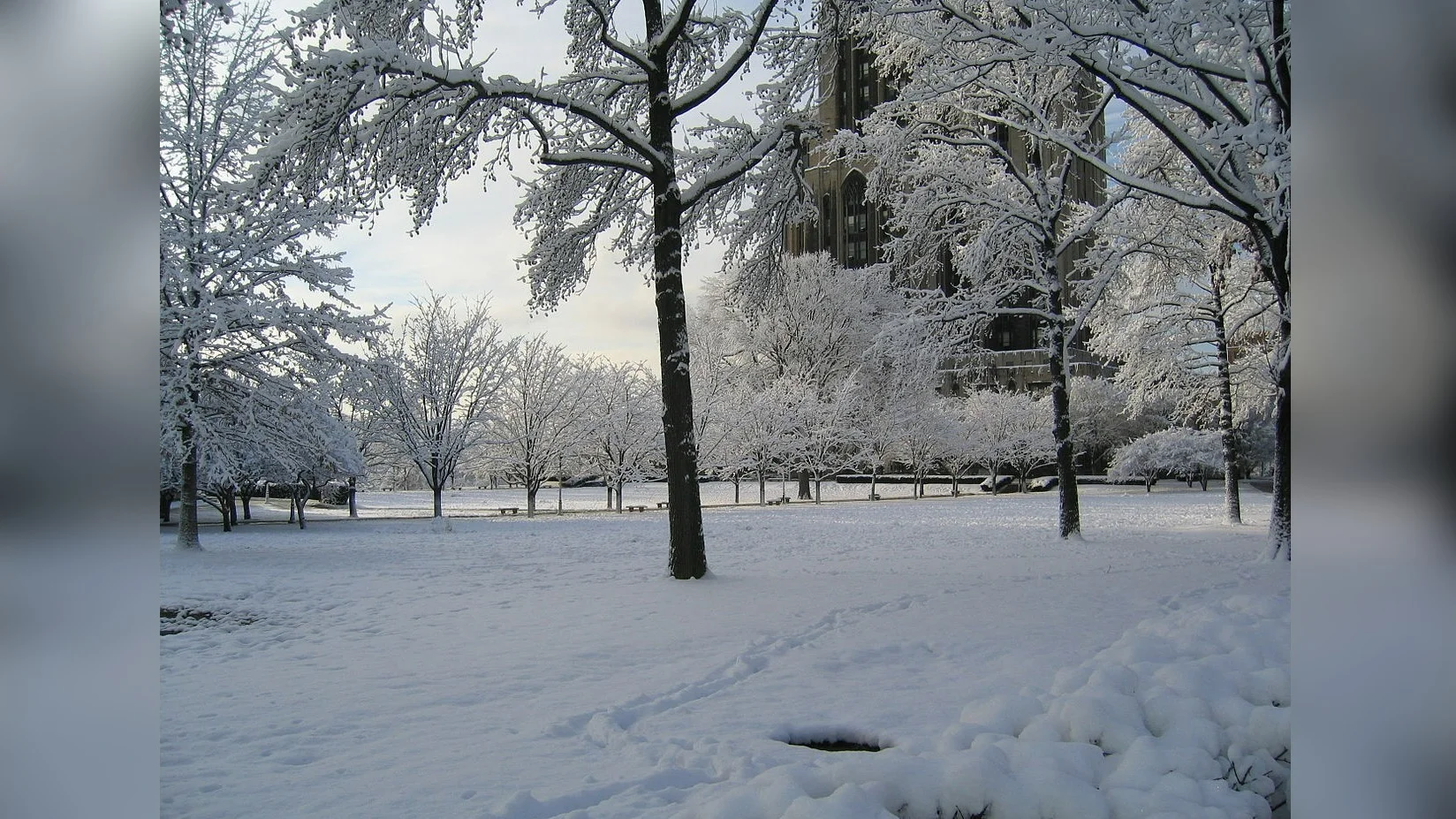The Church of Jesus Christ of Latter-day Saints has released a documentary that follows 24 young Americans on their journey to Ghana as part of the Amos C. Brown Fellowship. The program, conducted from December 28, 2024, through January 7, 2025, aims to cultivate racial harmony ambassadors.
Named after Reverend Dr. Amos C. Brown, pastor of San Francisco’s Third Baptist Church and NAACP Board member, the fellowship is a collaboration between the NAACP and the Church of Jesus Christ. This initiative is backed by a $250,000 pledge made by Church President Russell M. Nelson in June 2021 for projects promoting love and neighborly conduct.
Participants in the fellowship included American college students and graduates aged 18-25 from various religious and cultural backgrounds. They engaged deeply with Ghanaian culture and history while exploring their ancestral heritage related to the Atlantic Slave Trade.
Mishon Poe, one of the fellows selected for this experience, expressed his perspective on forgiveness: “It is not my job to forgive those who did my ancestors wrong by putting them in those dungeons and in those horrible circumstances... But I have forgiveness, being I’m willing to move forward.”
Church President Russell M. Nelson highlighted his friendship with Reverend Brown as an embodiment of Dr. Martin Luther King Jr.'s vision: “I like to think that my friend Amos and I are...the embodiment of Dr. [Martin Luther] King’s vision that people from different backgrounds and races can ‘sit down together at the table of brotherhood.’”
Elder Ahmad S. Corbitt remarked on the church's stance against racism: “You have prophets and apostles repeatedly talking, condemning racism, and calling us to repentance about it.” Reverend Brown noted societal challenges: “Unfortunately, we have too many persons who are what I consider to be enslaved to ignorance, misinformation, superstition.”
During their stay in Ghana, participants visited historical sites such as Assin Manso Ancestral Slave River where they reflected on past injustices. Sister Tracy Y. Browning described her immersive experience: “It’s one thing to read about a place... It’s intense.”
Reflections from participants were personal; Francesca Paul spoke about identity discovery during her visit: “Throughout this trip...to see where ancestors have come from ignites this passion within me.”
The documentary captures varied reactions among fellows but centers around themes of understanding and unity as emphasized by Elder Corbitt: “My sadness is swallowed up in the joy...that comes through Jesus Christ.”
The film concludes with reflections on newfound roles as peace ambassadors as stated by Sister Browning: “We want those that came here...to really feel how they can become an ambassador for peace.”
 Alerts Sign-up
Alerts Sign-up





